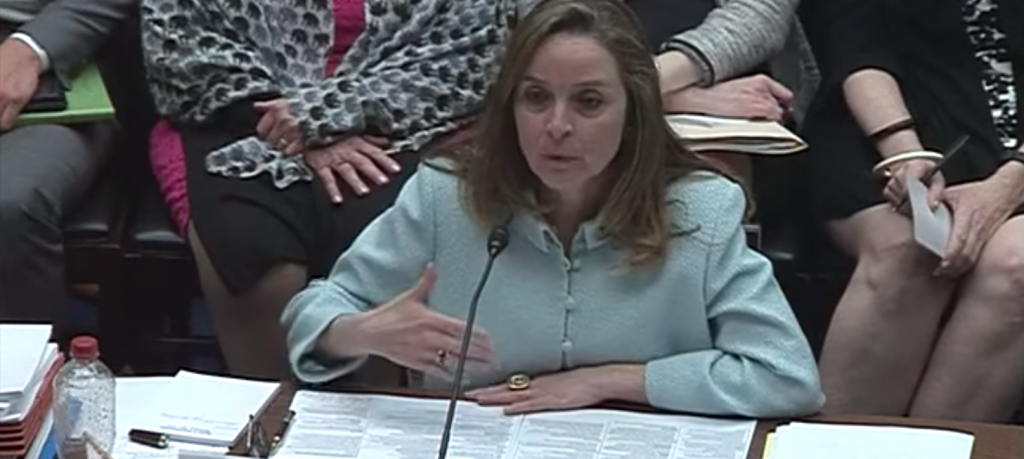Tuesday, the House Committee on Oversight and Reform held a hearing to examine the process of the long-promised Office of Personnel Management (OPM) reorganization that is underway, kickstarted by the movement of background investigations to the Defense Department. The hours-long hearing, held in the Rayburn House Office Building, saw OPM Acting Director Margaret Weichert questioned by committee representatives from both sides of the aisle, who grew increasingly cynical about the reorganization due to a lack of details.
Stark and worrisome highlights included OPM’s failure to address Government Accountability Office (GAO) requests, its inability to meet important deadlines and even a printer problem that offered a blank page in lieu of important timeline updates.
“If your purpose was to demonstrate to Congress that your technology is not working well, then you have succeeded. But if your purpose is to demonstrate your engagement with Congress in trying to work through a solution to a problem, I’m not so sure that has been a success with these types of documents,” Rep. Gerald Connolly, a Democrat from Virginia, said to Weichert.
The hearing depicted a confused and rushed state of preparation inside of OPM, demonstrating that much of the focus thus far had been around background investigations, but there was little clarity around the move of human resources and workplace rulemaking functions to the General Services Administration (GSA) and Office of Management and Budget (OMB), respectively.
A document briefing representatives on OPM’s preparation was not submitted until 12:29 p.m., just an hour and a half before the meeting started.
While Weichert made a business case for the move, citing archaic IT infrastructure and lack of budget, representatives pushed back with questions of rationale and workforce. Representatives praised Weichert for “candor” on the topic, as the question and answer series remained largely nonpartisan and open, and said that through conversations, they were certain she had the best intentions in advocating for the move. However, a lack of details left a lot to be desired, and uncertainty continued over whose authority transitions could begin or be held back.
“At the time we had issued the budget, we had hoped we would more rapidly get engagement, and despite my best efforts to get on folks’ calendars, there just hasn’t been the opportunity to talk until recently,” Weichert said.
While the hearing raised doubts over the preparedness of OPM for a monumental transition, GAO did outline specific actions that it wanted to see from OPM. Rep. Mark Meadows, a Republican from North Carolina, pressed Weichert asking if she would agree on the record to work with GAO. She responded that she would.
